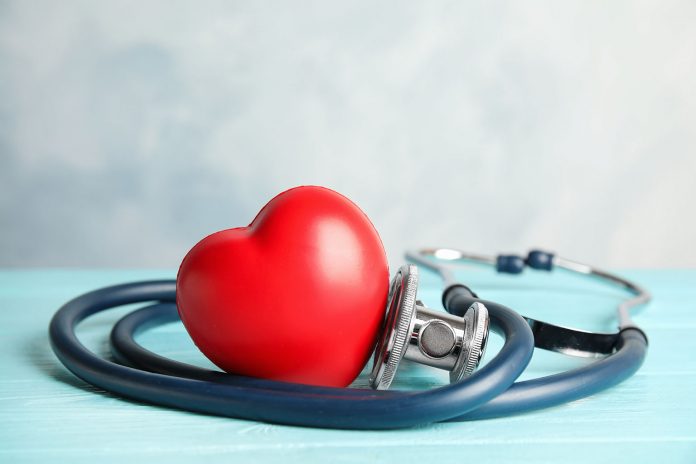
1. Atrial fibrillation
Patients with this condition may experience a faster than usual or irregular pulse, which can lead to a thrombus in the heart. In turn, the resulting blood clot can also lead to other significant complications, like stroke and heart failure. Signs of atrial fibrillation include an abnormally fast heartbeat, lightheadedness, fatigue, and weakness. However, some people might suffer from this condition without showing typical signs.
2. Coronary artery disease
Coronary artery disease (CAD) is a major heart condition, and one of the most common in the U.S. The condition primarily affects the arteries, meaning that there is reduced blood flow, and therefore reduced oxygen, to the heart, preventing it from operating normally. Common coronary artery disease indicators are shortness of breath, nausea, sweating, fatigue, and light-headedness. While not all individuals will experience such indications of the condition, they might have difficulty performing exercises they used to be able to do easily or experience digestion issues.3. Heart valve disease
The heart’s four valves are responsible for pumping blood to the lungs, to fill up with oxygen, and then to the rest of the body, to deliver the oxygen and perform any number of other functions. Therefore even a problem with just one valve can cause blockages or blood leaks. Symptoms of this disease are shortness of breath, chest pain, an irregular heartbeat, and dizziness. Medical practitioners can opt for treatment options such as tricuspid valve replacement, mitral valve prolapse treatment, or aortic valve replacement — though that specific treatment may be followed by shortness of breath, potentially due to pleural effusion or atelectasis from the surgery.4. Pericardial disease
This disease weakens the pericardium. The pericardium is a two-layered thin sac filled with fluid that surrounds the heart to make sure it does not over-expand when there is excess blood. The symptoms of the disease include a dry cough and pains that might be worsened by lying on a flat surface or coughing. The pain should be primarily located in the chest, but the neck, back, or left shoulder may also hurt.5. Cardiomyopathy
Also known as hypertrophic cardiomyopathy (HCM), cardiomyopathy (or heart muscle disease) is the reason why the heart muscles might become thick or stretched, impeding the heart’s ability to work properly. This condition is primarily genetic, but it can also be brought on by substance abuse. Symptoms of HCM include chest breathlessness, discomfort, or fainting, especially during exercise.
It is important to schedule regular doctor’s appointments, as the symptoms of many of these conditions are not noticeable in early stages. Regular screenings will decrease your risk of experiencing complications of heart disease such as an aneurysm, stroke, or heart attack.


